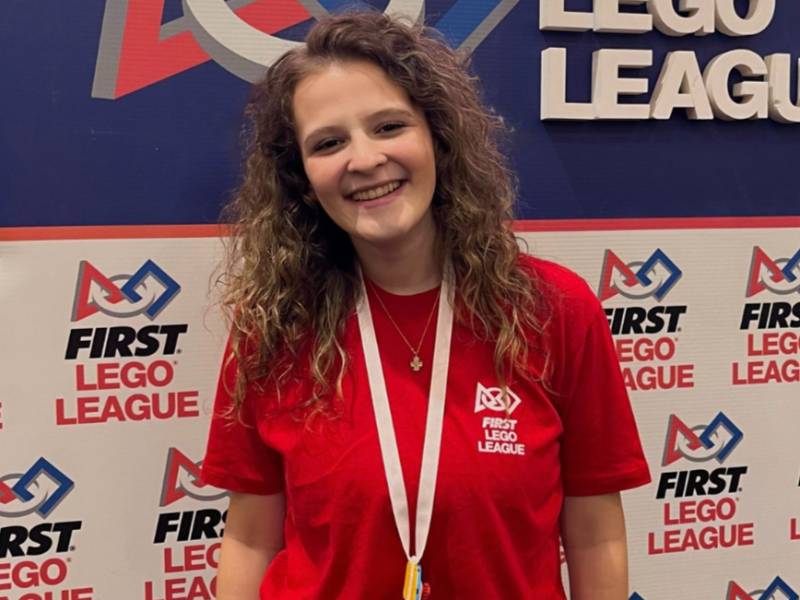As someone who works at the intersection of research and community impact, I often get asked: what exactly is research, and why does it matter in public service? In this blog post, I share how I think about research as a tool for better decision-making—and why it’s essential for building stronger, more responsive communities.
Every decision represents a tradeoff, a commitment of resources based on a prediction about future outcomes—whether it's designing effective public policy, allocating limited government resources, or addressing complex community challenges. Every decision-maker must ask the following questions:
1. What do we already know that would help me make a better prediction about the future?
2. What could we learn that would help me make a better prediction about the future?
Rather than relying on intuition or guesswork, research offers a systematic approach
to gathering evidence that can enhance our understanding and improve our ability to
make informed choices.
In the context of public service, these questions become particularly critical. Public
servants are stewards of taxpayer resources and community trust, making decisions
that affect the lives of real people. Whether it’s determining how to improve educational
outcomes, reduce crime, enhance public health, or stimulate economic development,
community-minded decision-makers need robust evidence to ensure their choices create
a positive impact for the communities they serve.
We begin with what we know, ask questions about what we don't know, systematically
acquire new evidence, draw conclusions from our findings, and integrate this new knowledge
into our existing understanding. This cyclical nature means that research is never
truly "finished." Each answer we discover opens doors to new questions, creating an
ongoing dialogue between what we know and what we want to know.
In public service, this ongoing cycle of learning and discovery is essential. It ensures
that our policies, programs, and interventions are grounded in evidence and continuously
improved to better serve our communities.


 Nigel Soria, PhD
Nigel Soria, PhD


